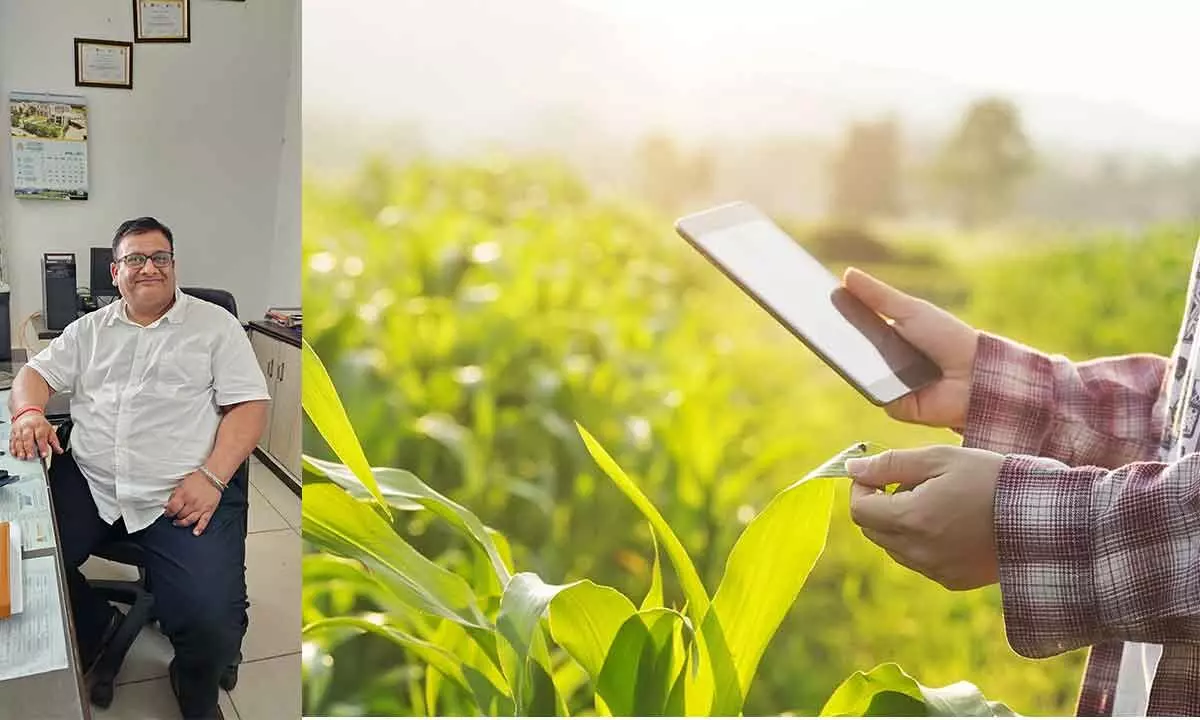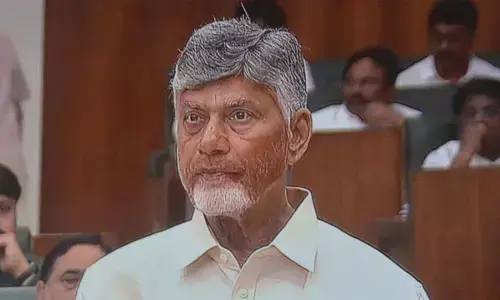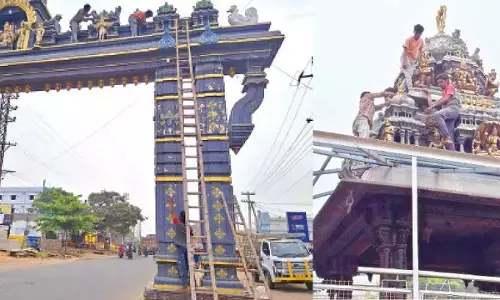Agri Technocrats: Assets to lead agriculture in this contemporary world

In our ever-changing, fast-evolving world, where technology is at the forefront, agricultural technocrats play a crucial role in ensuring the sustainability of the environment and human life. Traditional farming practices have transformed into a highly modernized industry driven by advanced technology. Having a deep understanding of agricultural technology has become a valuable asset for leading in today's world.
Agriculture has significantly evolved, thanks to technological advancements and innovations. It has moved beyond relying solely on manual labor, now embracing a unique fusion of technology and agricultural expertise to boost productivity and efficiency. This innovative approach is essential for achieving sustainable production. Agricultural technocrats serve as the architects of this profound transformation, guiding the shift from traditional methods to biotechnology, data analytics, and mechanized agriculture.
Nevertheless, agricultural technocrats face numerous challenges in this technologically driven industry. They act as a bridge, facilitating the integration of technology into conventional farming practices. Their work involves leveraging cutting-edge technology to address various aspects of crop management, pest control, livestock management, and soil science simultaneously.
Agricultural technocrats utilize data analysis to optimize crop yields and minimize resource wastage. Their primary objective is to employ technology for reducing the environmental impact of farming while enhancing sustainable agricultural practices and efficiency.
This mission is of utmost importance in a world where climate change and resource scarcity are becoming increasingly pressing concerns. Agricultural technocrats comprehend the significance of adopting precision agriculture and excel in understanding the intricate relationships between factors such as soil quality, crop varieties, and weather patterns. This knowledge allows them to fine-tune technology for the benefit of both the environment and farmers.
To champion precision agriculture and revolutionize farming, agricultural technocrats employ various approaches, including the use of tractors, drones, sensor-equipped machinery, and more, customizing farming practices to suit specific field requirements. This enables farmers to optimize the use of fertilizers, pesticides, water, and resources, resulting in higher yields and cost savings.
Biotechnology is an area where agricultural experts make significant advancements, particularly in the development of genetically modified (GM) crops engineered to withstand pests, diseases, and challenging environmental conditions. These GM crops not only enhance agricultural productivity but also reduce the reliance on chemical pesticides, providing benefits to both farmers and the environment.
Agricultural technocrats are deeply involved in the cultivation of crops for human consumption while maintaining a focus on ecological sustainability. They collaborate closely with regulatory agencies to establish guidelines for the research and implementation of genetically modified (GM) crops, addressing concerns related to health, biodiversity, and the long-term impact on ecosystems.
One of the strengths of agricultural technocrats lies in their ability to gather, analyze, and understand extensive agricultural data. By harnessing advanced data analytics and machine learning techniques, they can make informed decisions regarding crop management, resource allocation, and pest control. This data-driven approach not only optimizes crop yields but also mitigates risks, enabling farmers to better adapt to changing weather patterns and market demands.
However, despite their significant contributions to agriculture, agricultural technocrats face various challenges. One prominent challenge is ensuring that both small-scale and traditional farmers can access and effectively utilize the technologies and expertise they offer. Disparities in technology adoption can exacerbate inequalities within the agricultural sector.
Moreover, the rapid pace of technological advancement requires agricultural technocrats to stay updated on the latest innovations. Continuous learning and adaptability are essential to ensure that agricultural technology remains relevant and efficient.
These experts serve as the masterminds behind the transformation of agriculture from a labor-intensive and resource-dependent industry into one that is sustainable, efficient, and technology-driven. Their deep knowledge of agriculture and technical proficiency acts as a bridge connecting tradition with innovation.
The future of agriculture hinges on the contributions of these agricultural technocrats. They will continue to play a pivotal role in addressing global food security challenges, promoting environmental sustainability, and boosting productivity. Through the strategic use of technology to enhance agriculture, they bring us closer to a world where we can feed a growing population while preserving the Earth's precious resources.
In a world where the importance of agriculture has never been greater, agricultural technocrats are the driving force propelling advancements in this critical field. Their constant innovation and adaptability ensure that agriculture remains a cornerstone of sustainable development in the modern era.
(The author is Dean of the College of Agricultural Sciences at Teerthanker Mahaveer University)








